Foreign
US Announces African Infrastructure Venture Amid China’s Belt and Road Scrutiny
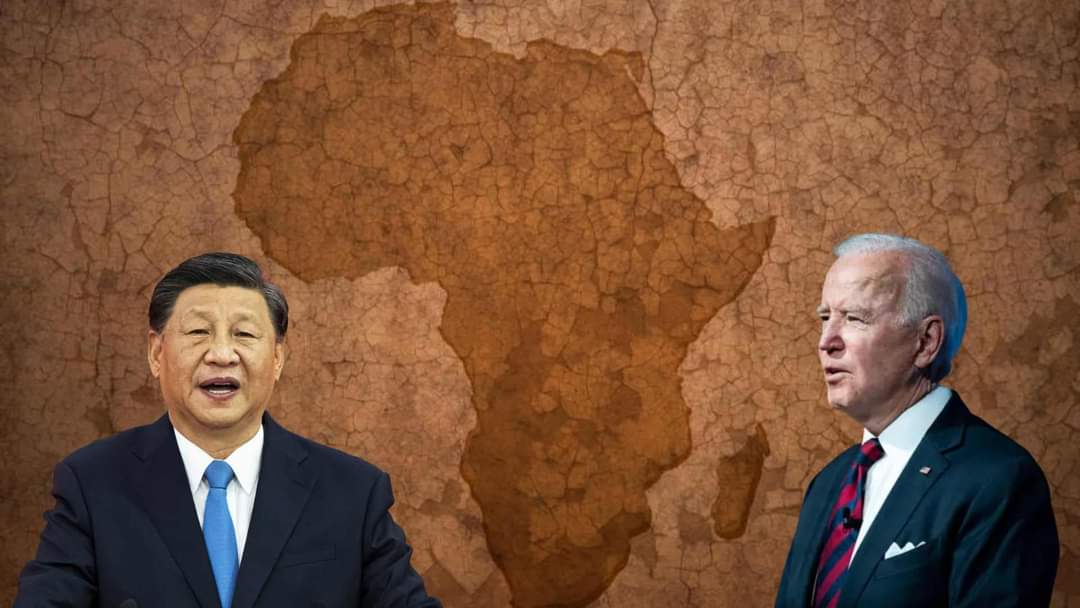
In recent developments, the United States has announced plans to embark on its own infrastructure project in Africa, particularly in Zambia, the Democratic Republic of Congo, and Angola. This initiative aims to refurbish and extend the Lobito Corridor, a railway system that will stretch through mineral-rich regions, linking Zambia and the Democratic Republic of Congo to an Atlantic port in Angola.
This move comes at a time when China’s efforts to expand its influence in Africa through infrastructure investments, notably its Belt and Road Initiative (BRI), have faced scrutiny. Despite China’s investments, criticisms have emerged regarding the sustainability and completion of projects, prompting a shift in focus towards more manageable and sustainable initiatives.
The U.S, in collaboration with the European Union and African nations, is taking a proactive approach to ensure the success of the Lobito Corridor project. Key aspects include the involvement of private partners like the Africa Finance Corp., plans for long-term operation and maintenance, and capacity development strategies. This signifies a departure from past approaches and a commitment to transparent and sustainable infrastructure development.
Reflecting on China’s BRI, the U.S initiative seeks to learn from past experiences and avoid pitfalls encountered in previous projects. While China denies accusations of creating spheres of influence through its initiatives, concerns persist regarding the social, environmental, and economic impacts of its projects.
As the Lobito Corridor project progresses, attention is drawn to its potential connection with existing Chinese-built railways in the region, such as the Tazara railway linking Zambia and Tanzania. While the specifics are yet to be determined, the focus remains on practical and sustainable solutions that promote economic growth and benefit local communities.
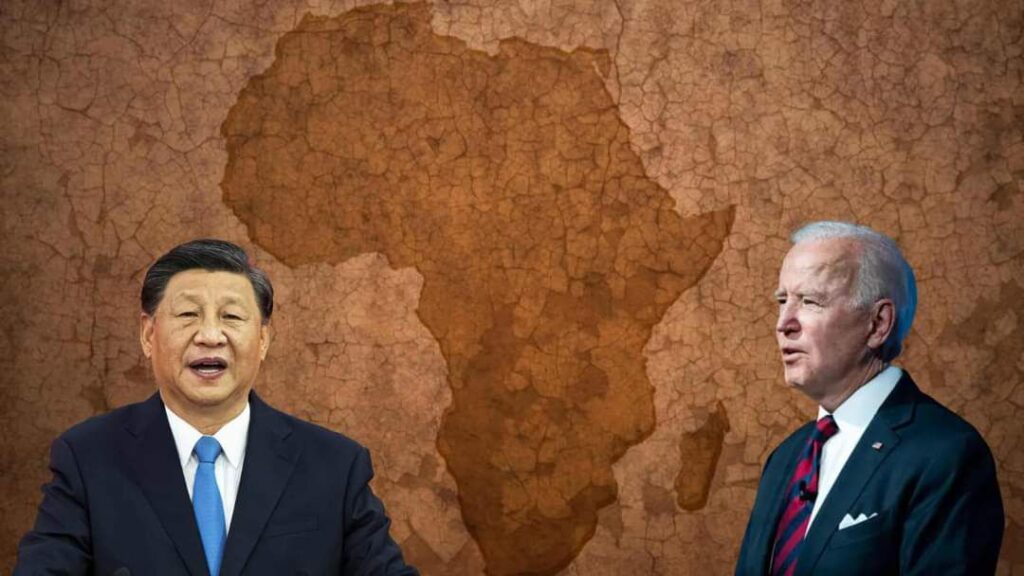
Foreign
Newly Married Liverpool Striker Diogo Jota Dies at 28

The football world is in deep mourning following the sudden passing of Diogo Jota, star striker for Liverpool FC and the Portuguese national team. He was just 28 years old.
Jota lost his life in a tragic road incident in Spain alongside his younger brother in the early hours of Thursday, July 3, 2025.
The devastating news comes less than two weeks after his wedding to his longtime partner, Rute Cardoso, which took place on June 22, 2025. The couple shared three children and had just begun a new chapter together.
Since joining Liverpool in 2020, Jota became a fan favorite for his sharp instincts, energy, and goal-scoring brilliance. He also proudly represented Portugal on the international stage, winning hearts with his commitment and character.
This is a heartbreaking loss for his family, friends, teammates, and the entire football community.
Rest in peace, Diogo Jota.
You will never walk alone. ❤️



Foreign
Fear of Assassination: Iran’s Supreme Leader Khamenei Picks Three Potential Successors—Excludes Son
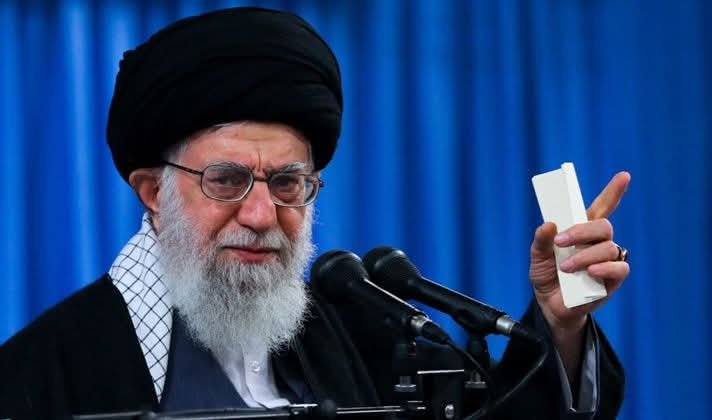
Amid rising tensions and fears of targeted attacks, Iran’s Supreme Leader Ayatollah Ali Khamenei has reportedly named three possible successors, excluding his son, in preparation for a worst-case scenario during the ongoing conflict with Israel.
According to a Saturday report by The New York Times, the 86-year-old leader, who is said to be operating from a secure underground bunker, privately selected three senior clerics to take over leadership if he is killed. The decision follows a wave of high-profile assassinations allegedly carried out by Israeli forces, which has heightened concerns at the highest levels of Iran’s leadership.
Crucially, Khamenei’s son, Mojtaba—who has long been rumored to be his heir apparent—was not included among the chosen candidates. This marks a significant departure from previous speculation suggesting a dynastic transition was in the works. The Jerusalem Post also confirmed the report, adding that Khamenei has made additional contingency plans by appointing replacements within Iran’s military hierarchy in anticipation of further Israeli attacks.
Traditionally, Iran’s Supreme Leader is selected by the Assembly of Experts, a powerful clerical body of 88 members. However, Khamenei’s move suggests he may be attempting to influence the succession process in advance, seeking to ensure ideological continuity and maintain regime stability amid external threats.
Experts believe the choice of three clerics rather than a single successor points to internal disagreements and the urgent need for contingency planning as the situation escalates. While the identities of the chosen individuals remain undisclosed, sources say they are trusted hardliners closely aligned with Khamenei’s vision.
Regional Impact and Rising Concerns
The reported development comes at a volatile time in the Middle East, with recent Israeli strikes targeting senior Iranian and Hezbollah figures. Analysts warn that any sign of instability in Iran’s leadership could further destabilize the region.
“This is not just theoretical succession planning — it’s being done under the very real threat of attack,” a regional intelligence source told The New York Times. “The regime clearly views the risk of a leadership vacuum as imminent.”
Khamenei’s decision underscores the high level of concern within Tehran’s leadership circle as it braces for potential escalations and prepares for scenarios that were once considered unlikely.
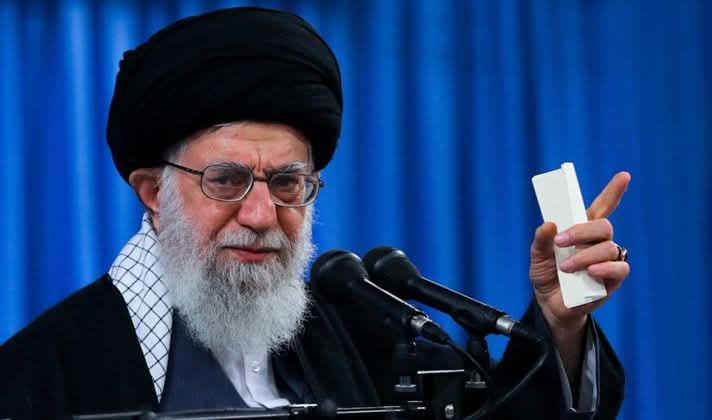
Foreign
President Tinubu Warns Israel Over Attacks On Iran
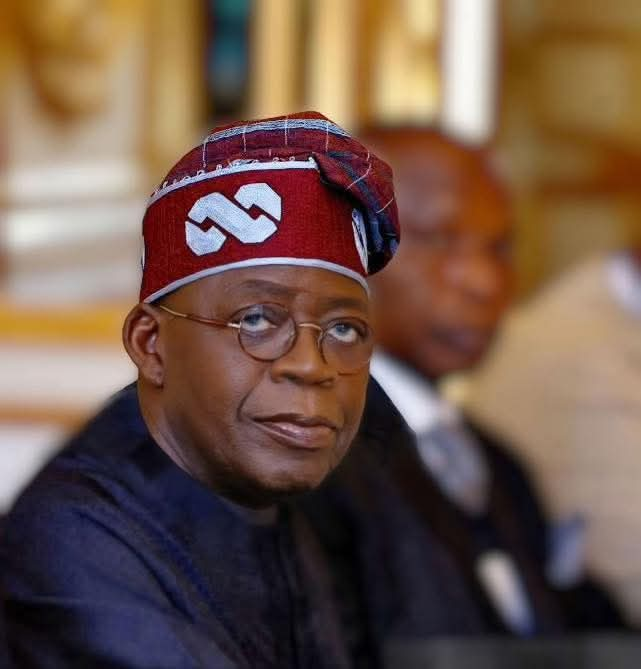
President Bola Tinubu led administration has condemned Israel’s recent strike on Iran, describing it as a move that has dangerously escalated tensions between the two nations.
In a statement issued Saturday by the spokesperson for the Ministry of Foreign Affairs, Kimiebi Ebienfa, the FG expressed deep concern over the intensifying hostilities, which have involved sustained missile and aerial attacks exchanged between Iran and Israel.
The FG called for an immediate end to the violence and urged both countries to show maximum restraint.
According to the statement, continued retaliation risks not only civilian lives but also threatens to destabilise the wider Middle East, with serious consequences for international peace and economic stability.
“The government of the Federal Republic of Nigeria condemns Israel’s preemptive strike on Iran that has led to an escalation of hostilities between the Islamic Republic of Iran and the State of Israel, marked by sustained missile and aerial exchanges across both territories.
“Nigeria expresses its grave concern and calls for an immediate cessation of hostilities and urges both parties to exercise utmost restraint in the interest of regional and global peace.
“The continued cycle of retaliation not only endangers civilian lives but threatens to plunge the broader Middle East into further instability, with implications for international security and economic development,” MFA stated.
Reaffirming its longstanding commitment to peaceful coexistence and diplomatic resolution of conflicts, the FG emphasised the importance of dialogue over confrontation.
The government also called on the international community, particularly the United Nations Security Council, to step up efforts to de-escalate the situation and facilitate meaningful negotiations between the parties involved.
“Military action is not a substitute for negotiation,” the statement read, stressing that enduring peace must be built on diplomacy, mutual respect, and adherence to international law.
Nigeria pledged its support for all sincere efforts aimed at restoring calm and fostering peace in the region.
“As a nation deeply committed to the principles of peaceful coexistence, non-aggression, and multilateral diplomacy, Nigeria calls on all involved to prioritise dialogue over confrontation.
“We urge the international community, particularly the United Nations Security Council, to intensify efforts toward immediate de-escalation and to provide a platform for constructive engagement.
“The path to lasting peace lies in diplomacy, mutual respect, and adherence to international law. Nigeria stands ready to support all genuine efforts aimed at de-escalating tensions and promoting peace in the region,” the statement added.
On Friday, Israel launched a major air campaign targeting around 100 sites across Iran, including nuclear and military facilities, killing several senior Iranian military leaders.
The strikes, marking one of the most significant escalations between the two countries in recent years, triggered widespread international reactions urging calm and diplomacy to prevent further conflict.
Among those killed were Iran’s armed forces chief of staff, General Mohammad Bagheri, and the commander of the Islamic Revolutionary Guard Corps, Hossein Salami.
Iran’s supreme leader Ayatollah Khamenei called Israel’s wave of strikes a “declaration of war”, as he warned Israel it faced a “bitter and painful” fate over the attacks, while the Iranian military said there were “no limits” to its response.
President Bola Tinubu led administration has condemned Israel’s recent strike on Iran, describing it as a move that has dangerously escalated tensions between the two nations.
In a statement issued Saturday by the spokesperson for the Ministry of Foreign Affairs, Kimiebi Ebienfa, the FG expressed deep concern over the intensifying hostilities, which have involved sustained missile and aerial attacks exchanged between Iran and Israel.
The FG called for an immediate end to the violence and urged both countries to show maximum restraint.
According to the statement, continued retaliation risks not only civilian lives but also threatens to destabilise the wider Middle East, with serious consequences for international peace and economic stability.
“The government of the Federal Republic of Nigeria condemns Israel’s preemptive strike on Iran that has led to an escalation of hostilities between the Islamic Republic of Iran and the State of Israel, marked by sustained missile and aerial exchanges across both territories.
“Nigeria expresses its grave concern and calls for an immediate cessation of hostilities and urges both parties to exercise utmost restraint in the interest of regional and global peace.
“The continued cycle of retaliation not only endangers civilian lives but threatens to plunge the broader Middle East into further instability, with implications for international security and economic development,” MFA stated.
Reaffirming its longstanding commitment to peaceful coexistence and diplomatic resolution of conflicts, the FG emphasised the importance of dialogue over confrontation.
The government also called on the international community, particularly the United Nations Security Council, to step up efforts to de-escalate the situation and facilitate meaningful negotiations between the parties involved.
“Military action is not a substitute for negotiation,” the statement read, stressing that enduring peace must be built on diplomacy, mutual respect, and adherence to international law.
Nigeria pledged its support for all sincere efforts aimed at restoring calm and fostering peace in the region.
“As a nation deeply committed to the principles of peaceful coexistence, non-aggression, and multilateral diplomacy, Nigeria calls on all involved to prioritise dialogue over confrontation.
“We urge the international community, particularly the United Nations Security Council, to intensify efforts toward immediate de-escalation and to provide a platform for constructive engagement.
“The path to lasting peace lies in diplomacy, mutual respect, and adherence to international law. Nigeria stands ready to support all genuine efforts aimed at de-escalating tensions and promoting peace in the region,” the statement added.
On Friday, Israel launched a major air campaign targeting around 100 sites across Iran, including nuclear and military facilities, killing several senior Iranian military leaders.
The strikes, marking one of the most significant escalations between the two countries in recent years, triggered widespread international reactions urging calm and diplomacy to prevent further conflict.
Among those killed were Iran’s armed forces chief of staff, General Mohammad Bagheri, and the commander of the Islamic Revolutionary Guard Corps, Hossein Salami.
Iran’s supreme leader Ayatollah Khamenei called Israel’s wave of strikes a “declaration of war”, as he warned Israel it faced a “bitter and painful” fate over the attacks, while the Iranian military said there were “no limits” to its response.
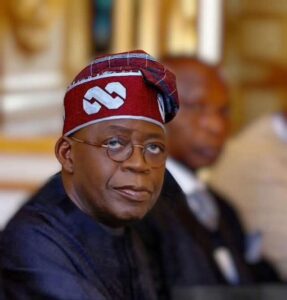
-

 News1 year ago
News1 year agoHardship: We Plan To Establish A National Commodity Board To Crash Food Prices – VP Shettima
-
News7 years ago
Blog Reader; Samson Osagiede Celebrates Fiancè Benedicta Daniels’s Birthday With Sweet Words
-
Home9 years ago
News Channel claims Donald Trump is an orphan from Pakistan,share alleged childhood photo
-
Home9 years ago
Another $175m Found in Patience Jonathan’s wife’s firm’s Bank Account
-
Home9 years ago
Oil Spillage: House of Reps Member Shares Photos of the Water her Constituents Drink .
-
Home9 years ago
Zara Buhari & Ahmed Indimi’s Wedding Access Card
-
News7 years ago
The Best Video You’ve Seen Today?
-

 Sport7 years ago
Sport7 years agoModric, Marta Wins 2018 FIFA Best Player Of The Year Awards ⚽️
